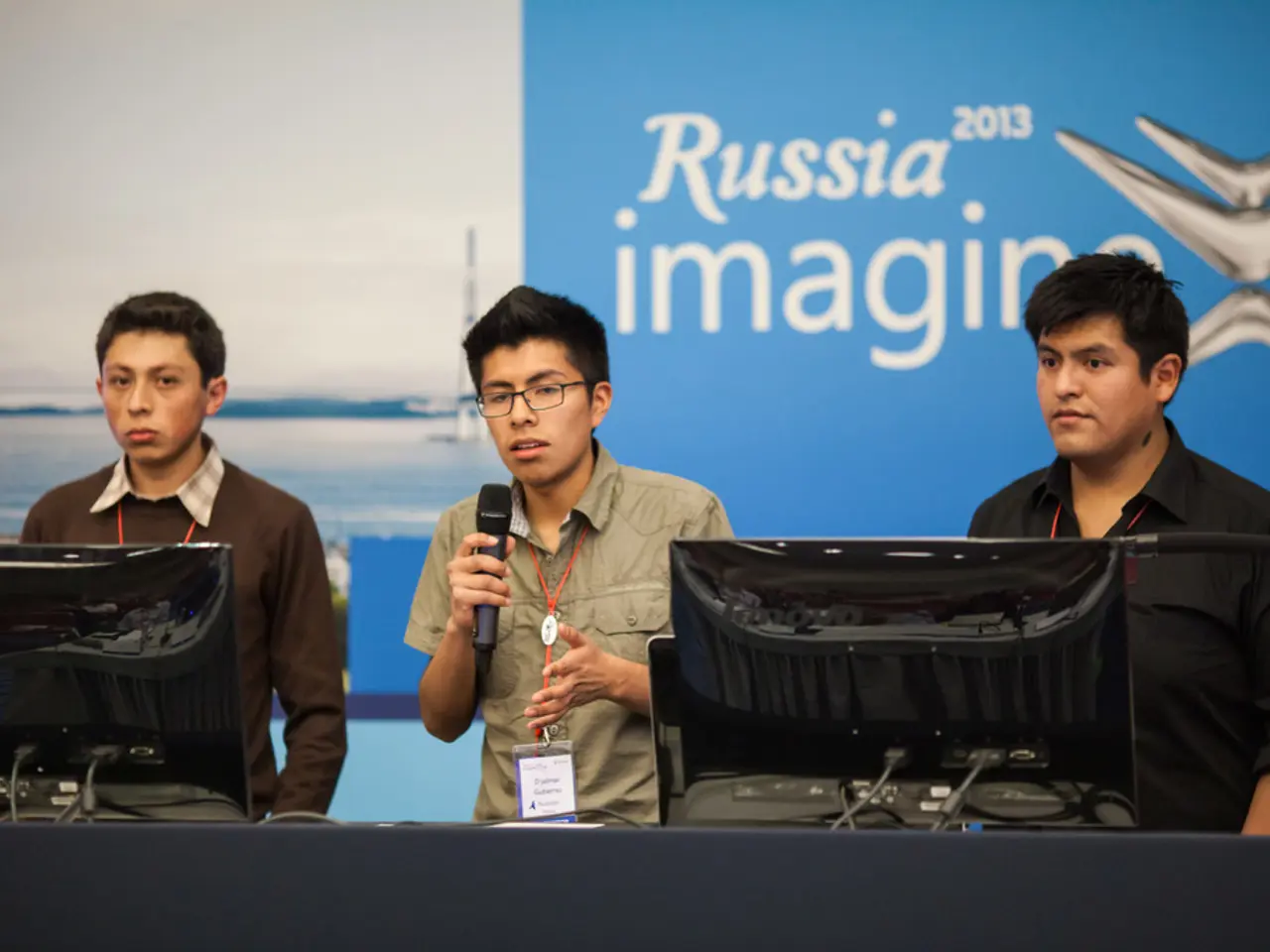Trump's phone call not viewed as a U.S. shift towards Minsk by Franak Vecherko
In a significant development, President Donald Trump held a call with Belarusian President Alexander Lukashenko, marking the first time the issue of Belarusian political prisoners has been raised at the presidential level. The primary focus of the conversation was to thank Lukashenko for the release of 16 prisoners and to discuss the potential release of an additional 1,300 prisoners [1][2][3].
The potential outcomes of this dialogue include further releases of political prisoners or prisoners accused of extremism in Belarus, which could reduce repression and signal some easing of internal political tensions [1][3]. Strengthening bilateral ties between the US and Belarus is also a possibility, as Lukashenko invited Trump and his family to Minsk, signaling openness to continued diplomatic engagement [1][4].
The conversation might also serve as a backchannel for diplomatic efforts connected to the US-Russia summit in Alaska, functioning within Trump's broader diplomatic approach involving Belarus as a mediator or broker [5]. However, it is worth noting that the exact details on which prisoners were released and the scope of the cease of repression remain unspecified in official communications [1][3].
Moreover, the conversation covered not only the release of political prisoners but also the cessation of repression. Franak Viačorka, a Belarusian opposition figure, expressed gratitude to the Americans for putting the issue of political prisoners on the agenda. He also emphasized the importance of everyone having the freedom to stay or leave, as they wish [6].
Viačorka believes Russia would like to help legitimize Lukashenko, while Lukashenko's goals, according to Viačorka, are to be recognized and forgiven for his crimes and to secure money [7]. There is also a possibility that Minsk and Moscow may try to secure the Belarusian capital as the venue for a trilateral summit involving Trump, Putin, and Zelensky [8].
However, no decisions have been made regarding the lifting of sanctions against Belarus. No new information about the return of the U.S. ambassador to Minsk or a change in overall policy towards Belarus was provided [9]. In the coming weeks, we'll see if Minsk "moves" or if Lukashenko plans to outsmart Trump, as predicted by Viačorka [10].
- The ongoing dialogue between President Donald Trump and Belarusian President Alexander Lukashenko could potentially result in further releases of political prisoners and prisoners accused of extremism, contributing to a reduction of repression and easing internal political tensions.
- Strengthening diplomatic ties between the US and Belarus may also be an outcome of the conversation, as Lukashenko extended an invitation to Trump and his family to Minsk, signifying a willingness for continued diplomatic engagement.





